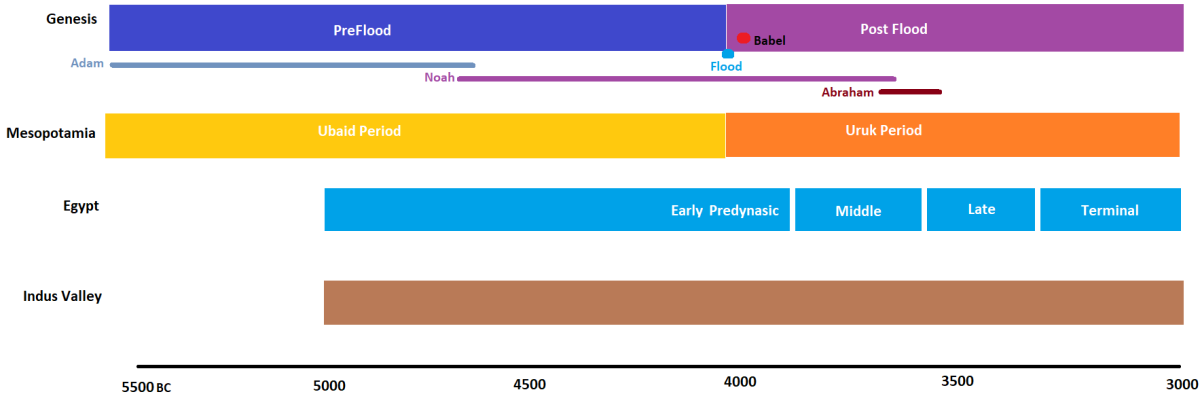Bible Poll: What Does the Bible Teach Us About Creation and the Fall of Mankind (Genesis 1-3)?

Genesis 1
Genesis 1: Do you believe God created the heavens and the Earth in six, literal, twenty-four hours days?
The Fall of Lucifer

The Creation of Mankind

Genesis 2
How did mankind come to exist on Earth?
Genesis Has the True Answers
Despite the confident pronouncements of those of a secular and humanistic mindset that they have won the war against people who believe in special creation, other thinkers who have not allowed atheistic presuppositions to determine their conclusions on this matter acknowledge that the controversy regarding mankind's appearance on the Earth as well as his subsequent "development" since that time will remain unresolved.
Open or Closed System
On the one hand, there are those who believe we live in a closed system. In other words, all that exists is autonomous, self-contained, random, self-regulated, and composed of matter-energy, and that it has always been this way.
On the other hand, other individuals hold that human beings carry on their lives in an open system.
They adhere to the belief that the universe is related to a more basic “Reality”-- a temporally limiting and spatially causing Force.
This “Force” reaches down into the system and causes events to occur.
The Infinite-Personal Triune Christian God
The late Francis Schaeffer considered the existence of the “infinite-personal” triune God as a foundational presupposition of historical orthodox Christianity.
He asked the basic questions concerning the nature of the universe, including the human phenomenon.
That is, he asks, “Which answer—the uniformity of natural causes in a closed system or the uniformity of natural causes in an open system—fits the facts?”
He looked at and called attention to the way the universe is, or to the structures of human life within the universe, and claimed that the design of the universe is such that certain kinds of presuppositions or explanatory hypotheses, in fact, do explain its being the way it is better than do others.
The Tree of the Knowledge of Good and Evil

Genesis 3
Do you believe in the literal Fall of Mankind?
Personality Cannot Arise From the Impersonal
A rational answer for the universe’s existence is the impersonal beginning. That is, everything has resulted from the impersonal + time +chance. Somehow, through fortuitous chance and given enough time, mass, energy, and motion combined to form the universe. Schaeffer states that this is “insufficient for what is.” He notes that there is something about mankind that is qualitatively different from the impersonal. This quality is personality. Schaeffer offers three observations that confound the view that human personality is not real.
First, he argues that if human personality is real in a foundationally impersonal universe, then mankind cannot fulfill its aspirations, and they are therefore finally meaningless. An impersonal universe does not account for the “mannishness of man.” By “mannishness of man,” Schaeffer means those characteristics that distinguish humanity from all else. Human beings aspire to accomplish goals; they need meaning, significance, purpose, love, beauty, order; they have a fear of non-being. In a totally impersonal universe, the origin of “apparent personality” characteristics would be inexplicable.
Second, Schaeffer asks, “If human personality is real in an impersonal universe, then how could personality have arisen from the impersonal?”He suggests that only through a “mystical jump” can this be possible. The premise that mankind is no different than non-mankind contradicts the testimony that people have borne regarding themselves for all time. Human beings have always regarded themselves as separate from nature, as creatures somehow apart from the rest of creation.
Schaeffer concludes that no individual who denies the reality of personality can live consistently with his/her view. People will behave in such a way that betrays their innate belief that they are different from all the animals. They can maintain that their personality came from the impersonal only by leaving the realm of reality and logic.
© 2012 glynch1








